When it comes to the well-being of our furry friends, such as rabbits, it’s important to pay attention to their dietary needs. Rabbits have specific nutritional requirements, and as responsible pet owners, we should ensure they are provided with a balanced and safe diet. In this article, we will explore the topic “Can rabbits eat sage,” a popular herb known for its distinct aroma and culinary uses.
Sage is a plant native to the Mediterranean region with the scientific name Salvia officinalis. It is a member of the mint family and is frequently used in traditional medicine and cookery. Savoury, slightly peppery flavor and velvety texture characterize sage leaves. This herb is frequently used in various cuisines, including stews, stuffing, and soups.

Yes, rabbits can sage. Despite the fact that eating is typically harmless for rabbits, there are a few health issues to keep in mind. Due to their sensitive digestive systems, rabbits should be given new meals gradually and in moderation. Verify the sage you give your rabbit is new, organic, and devoid of pesticides or other chemicals.

Sage includes antioxidants, dietary fiber, calcium, iron, potassium, vitamins K, C, and B vitamins. It also contains dietary fiber, iron, potassium, vitamin C, and B vitamins. Because of its nutritional value, this plant can provide a variety of health advantages to rabbits at tiny doses. Additionally, this leafy green has antibacterial properties that may support the overall well-being of rabbits. Here are some potential health benefits of sage for rabbits:
- Digestive health: Sage has been traditionally used to support digestive health in animals, including rabbits.
- Respiratory support: Sage has been known for its expectorant properties, which can help clear respiratory congestion. Sage can assist with symptom relief and improved breathing in rabbits that have moderate respiratory problems.
- Antibacterial and antifungal properties: Sage includes substances that have antibacterial and antifungal effects. These qualities aid in the fight against specific bacterial or fungal illnesses that could harm a rabbit’s health.
- Anti-inflammatory effects: Sage has anti-inflammatory capabilities due to the presence of natural components. Inflammatory conditions in rabbits, such as arthritis or other inflammatory disorders, may benefit from this.
- Antioxidant properties: Sage is also rich in antioxidants that can assist the body in fighting off dangerous free radicals. By reducing oxidative stress, sage may support overall health and help protect against certain diseases.
Sage is typically safe for rabbits when given in moderation, but it’s vital to be aware of any hazards. Certain rabbits may have individual sensitivities or allergies to sage or its essential oils. Introducing sage gradually is recommended, starting with a small piece and observing how your rabbit reacts. If your rabbit shows any signs of discomfort or digestive issues, discontinue feeding sage immediately.
Consult a veterinarian immediately if you have any negative effects, such as diarrhea, loss of appetite, or behavioral problems. Based on the particular requirements of your rabbit, they may offer tailored guidance.
Sage contains essential oils, such as thujone, camphor, and cineole. While these oils may provide certain benefits to humans, they can be potentially harmful to rabbits if consumed in large quantities. These oils can irritate the digestive system of rabbits, leading to digestive upset and potential health issues. Therefore, it’s crucial to offer sage to your rabbit in small amounts and observe their response.
Offering a small piece of sage, roughly the size of your rabbit’s, is recommended, and this ensures they recreate the flavor and potential benefits without overwhelming their digestive system.
For a 2-pound rabbit we will recommend, you can feed it 1 cup of mixed veggies. A few times per week, you can include sage in your rabbit’s food.

Consider several safe option sliders if you want to diversify your rabbit’s diet with her. Some herbs that rabbits can enjoy in moderation include parsnips, dandelions, leeks, dill, and many others. Howevgradually introduce new food salty and observe how your rabbit responds to ensure their well-being.
FAQs
Yes, rabbits can eat fresh sage, and it is safe for them in moderation and can be a tasty addition to their diet.
While fresh sage is generally preferred, rabbits can consume small amounts of dried sage. However, ensure it is free from any additives or seasonings that might be harmful to rabbits.
While rabbits can eat sage flowers, it’s essential to exercise caution. Some varieties of sage produce flowers that contain essential oils, which can be strong and potentially irritating to a rabbit’s sensitive digestive system. It’s advisable to offer sage flowers in small quantities and monitor your rabbit for any negative reactions.
Yes, rabbits can eat sage leaves. Sage leaves are safe for rabbits to consume, and they can enjoy them both fresh and dried.
Rabbits can nibble on sage stems but are generally less preferred than the leaves. Sage can be tougher and less flavorful, so your rabbit might not be as interested in them. However, they are safe for rabbits to consume if they are fresh and free from pesticides or harmful substances.
If they have access to a garden or other outdoor space, rabbits are more likely to eat sage plants. Sage is not poisonous to rabbits and may be used in their normal foraging techniques. To prevent overconsumption, it’s best to supply substitute plants safe for rabbits or safeguard your garden if you have precious sage plants you wish to protect.
No, rabbits should not be given sage oil. Essential oils, including sage oil, can be too potent for rabbits and may cause adverse effects. It’s best to avoid offering your rabbit any essential oils, including sage oil, as it can harm their health.
Yes, all varieties of sage are safe for bunnies to consume. However, please keep in mind to offer each variety of sage plant in moderation to avoid health issues in bunnies.
While rabbits can eat sage, it should be offered in moderation and as an occasional treat. The essential oils in sage can be harsh on their delicate digestive systems, so monitoring their response when introducing this herb is essential. Remember to prioritize a balanced diet that consists primarily of hay, fresh vegetables, and a limited amount of pellets to ensure the optimal health of your rabbit.
Remember, it’s always a good idea to consult with a veterinarian regarding your rabbit’s specific dietary needs and any concerns you may have about introducing new foods.




